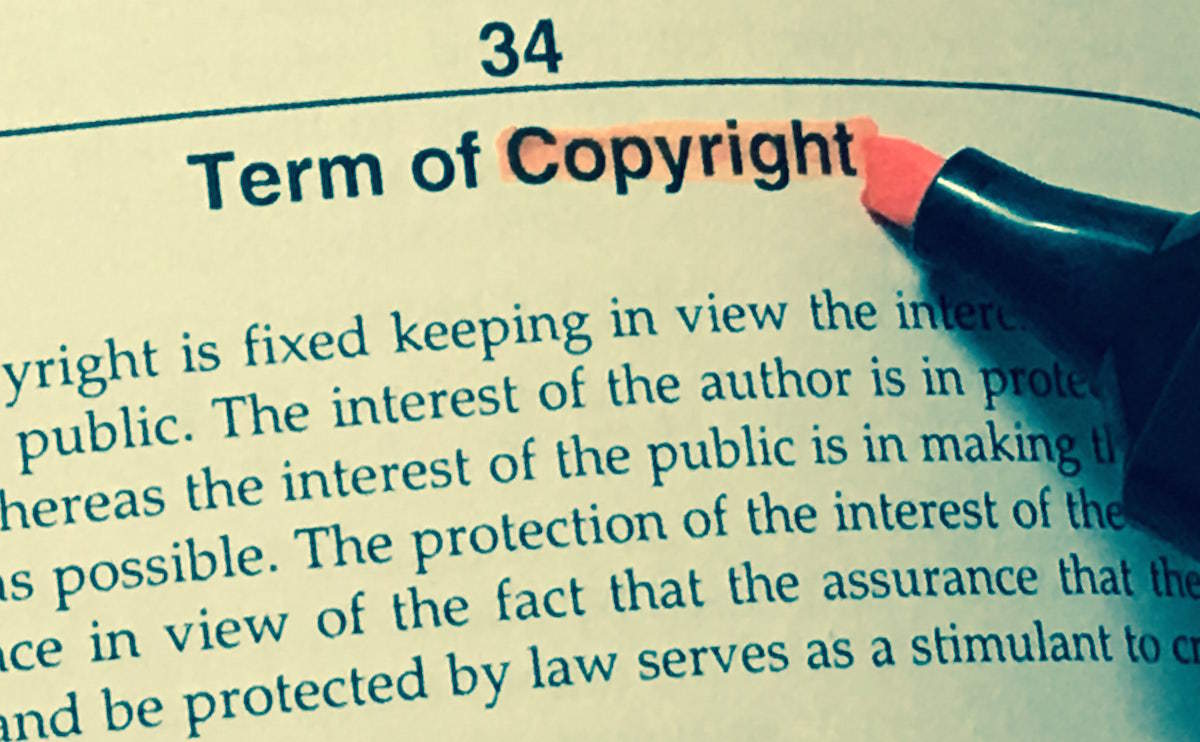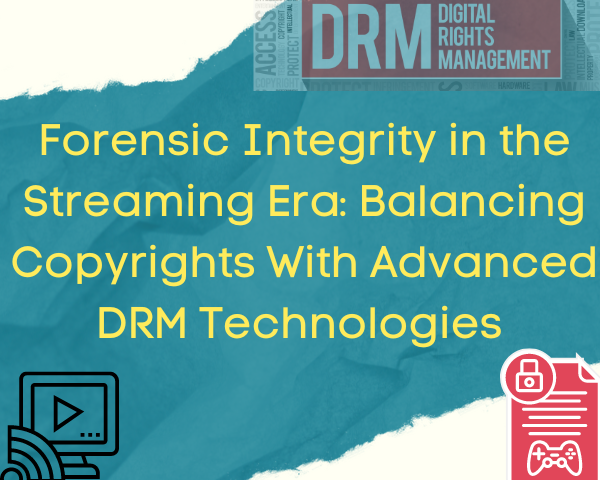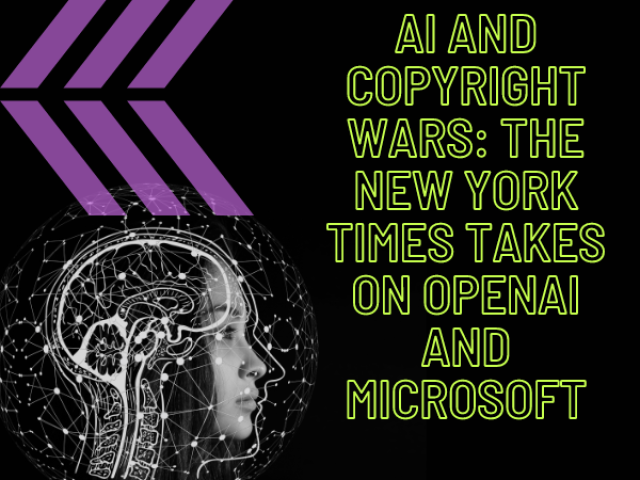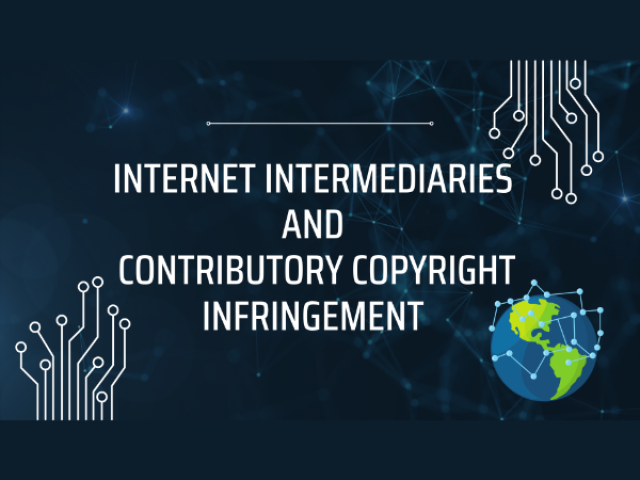Srilakshmi is an aspiring author. However, she is concerned about the protection of her book which she wishes to publish soon. We had a chat with Srilakshmi where we were able to clear all her doubts about Copyright in India.
Srilakshmi(S): To acquire a copyright in India, does my work have to be absolutely original?
Angela (A): Though a copyright mandates that the work be original, absolute originality is not a requisite. It has been held, through several judicial decisions, that there should be a minimum threshold of creativity for the work to be original.
S: Since I am the creator of the work, do I hold the sole copyright over it?
A: This is not necessarily so and is essentially dependent on the nature of the work. If the work is a part of a contract of service, i.e. if the work was commissioned by someone, then the work belongs to the person who commissions it.
This is a common practice especially in the film industry where producers hold copyright over the storyline, music etc created by others whom he/she has commissioned to do so.
(An important case in this regard is VT Thomas v. Malayala Manorama.)
S: If I hold a copyright over a work, what are the rights that I have?
A: Copyright is a bundle of rights. Holding a copyright in India vests the holder with various rights including:
To reproduce the work in any material form.
To issue copies of the work to the public.
To perform the work in public.
To make a cinematographic film of the work.
To make a translation or adaptation of the work.
S: If there is no copyright symbol or notice, does that mean that the work can be freely used?
A: No. There is absolutely no requisite to display a copyright symbol or register any work to acquire a copyright in India. A work is protected from the moment it is created and the owner does not forfeit his/her copyright if he/she fails to use the copyright symbol. In fact, the Copyright India Act has no symbol provisions for the registration of a work.
S: If I acquire a copyright protection, does it mean that no one can copy or use my work?
A: No one can copy your work but they can definitely use it. Such use is subject to S 52 of the Copyright India Act and is termed as fair use. Your copyright work used for criticism or review, personal research etc is deemed to be fair use, hence not an infringement of your copyright.
S: What happens if I give my work to a publishing house for the purpose of publishing it? Do I lose my copyright over it?
A: Giving out your book for publishing entails the granting of license to the publishing house to publish it. Therefore only the right to publish it vests in the company while you retain your copyright.
S: I have an idea for my next book. Can I get that copyright in India?
A: Unfortunately, you cannot get your idea copyrighted unless it is reduced to a tangible form. Only an expression of the idea in any tangible form warrants for a copyright protection. Copyrighting ideas would result in hampering of the free flow of ideas.
S: If someone infringes my copyright in India, what can I do?
A: In the event of infringement, both civil and criminal remedies are available. In the case of civil remedies, you would be able to claim for an injunction, damages or accounts of profit. On the other hand, in the case of criminal remedies, the infringer shall be punished for a term not less than six months and which may extend to six years. Also, he/she would have to pay a fine not less than fifty thousand rupees which may extend to two lakh rupees. A subsequent offence would invite a higher punishment.
And there! Hopefully, we have cleared your doubts on copyright India too.
To learn more, how Intepat can help to protect your copyright in India, please visit our copyright registration services.




